Whether you are new to the world of guinea pigs or a seasoned veteran, it is important to stay up to date on their ideal diet. Thanks to the availability of countless types of fruits and vegetables, and the growing wealth of information, it is now easier than ever to know what to feed your furry friend. Not only can you learn what to feed your guinea pig, but the appropriate serving sizes, how often you should feed them, and how their food should be prepared.
As herbivores, the majority of a guinea pig’s diet should be grass or hay, but they can also enjoy fresh fruits and vegetables. Guinea pigs, or cavies, should eat a diet consisting of about 80% hay, 20% pellets, fruits, and veggies to stay healthy. Timothy, Orchard grass, and oat hay are all popular and healthy hay options for your guinea pig, but what about fruits and vegetables? This is where most people begin to wonder, can guinea pigs eat grapes?
Guinea Pigs Can Eat Grapes as an Occasional Treat
The Advantages:
Grapes are a popular and delicious fruit packed with a variety of nutrients and high levels of water and fiber. Not only are they a great source of vitamin C, which guinea pigs have to get from their diet, but they also contain high levels of protein, magnesium, phosphorus, and calcium.
Grapes are also rich in antioxidants, which balance free radicals, and resveratrol, a plant compound that has powerful anti-inflammatory properties. Thanks to a high level of fructose (sugar), grapes are also very sweet and a favorite treat for most guinea pigs. Additionally, adding the occasional grape or two into your cavy’s diet will help keep their nutritionally balanced meals interesting and exciting.
The Disadvantages:
Although they are fine as a special treat, there area couple of reasons grapes shouldn’t be a staple in a cavy’s regular diet. Firstly, regular consumption of high-sugar foods like grapes can lead to an imbalance in intestinal bacteria, causing serious diarrhea and potentially causing life-threatening health conditions. The second reason is that grapes are toxic to other domestic animals like cats and dogs, and can cause acute kidney failure. Despite there being no real evidence that grapes could have a similar effect on guinea pigs, we can’t say with certainty that grapes won’t affect their kidneys.
Appropriate Serving Size and Preparations
How many grapes can a guinea pig eat? Most experts and guinea pig enthusiasts agree that the proper serving is one to two medium-size grapes per week. Due to the high sugar content in grapes, feeding larger amounts or more frequently is not recommended. However, there are a variety of methods and preferences involved in feeding grapes to your guinea pig.

Some people prefer to remove the grape’s skin in an effort to reduce the risk of choking. However, this is not necessary and actually decreases the nutrients your guinea pig will receive. If you choose to leave the skin on in favor of its health benefits, be sure the exterior of the grape has been cleaned thoroughly.
Grapes for your guinea pig should be sliced in halves or quarters to make them easier to eat. Seedless grapes are preferable since they further reduce the risk of choking, but if you can’t find seedless grapes, you can always remove the seeds by hand.
Does the Type of Grape Matter?
Archeological evidence suggests that humans began growing grapes during the Neolithic era, in approximately 6500 B.C. In the thousands of years since then, grape culture has grown to include countless varieties of grapes, an abundance of distinctive wines, and a multitude of other grape products like raisins, juices, jellies, and jams. If you are preparing to incorporate grapes into your guinea pigs’ diet, you may wonder what type of grape is best.
Although you might think that grapes are a simple fruit, you should know that not all grapes are created equal. Native grapes grow naturally across North America and are known for their cold hardiness and resistance to diseases. This grouping includes species V. aestivalis, V. berlandieri,V. labrusca, and V. riparia. European grapes or V.vinifera is what most people associate with the word ‘grape,’ and though they lack cold hardiness and resistance to disease, they have a superior chemical composition for making wine. French-American Hybrids came about by crossing various Native grape species with the European grape in a quest to produce grapes with high-quality winemaking qualities whilst still being resistant to disease and hardy in cold weather.

Handle Your Guinea Pig's Diet with Care
With this information, you should be more adequately prepared to properly incorporate grapes into your cavy’s diet. Grapes can be a sweet treat, packed with vital nutrients like Vitamin C, antioxidants, and high water content. Be sure to clean the grapes, slice, and remove any seeds before serving them to your guinea pig. It is important o remember that 1-2 medium-sized grapes per week are plenty, and overfeeding can cause an upset stomach or other health issues.

As always, you should speak to your veterinarian before altering your guinea pig’s diet in anyway. If your cavy doesn’t take to grapes, don’t worry. There are tons of other fun and nutritious fruits and vegetables they can try. GuineaDad has many nutritious supplementary treats to benefit a happy and healthy guinea pig! Good luck and happy feeding!









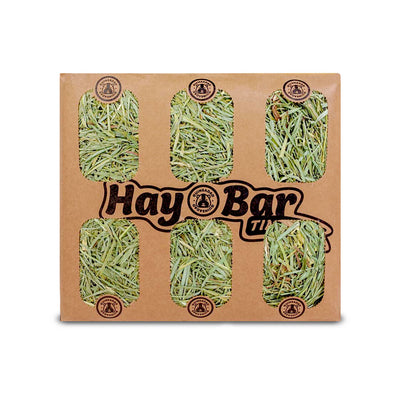
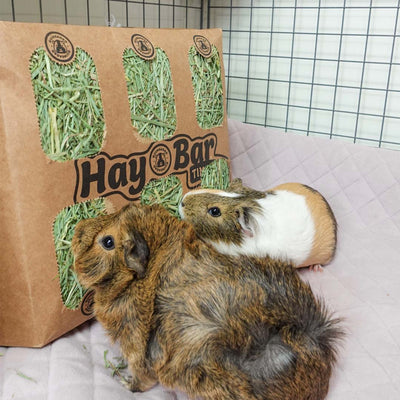
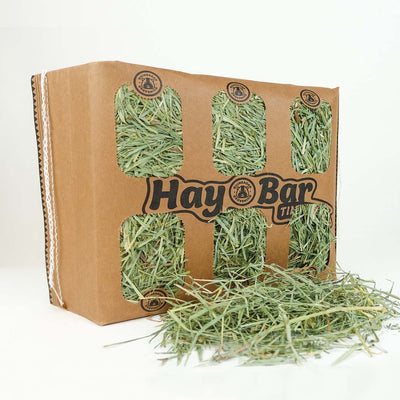
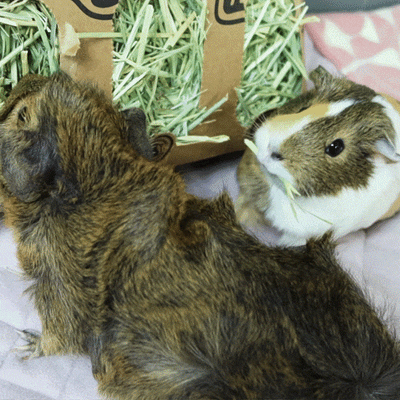
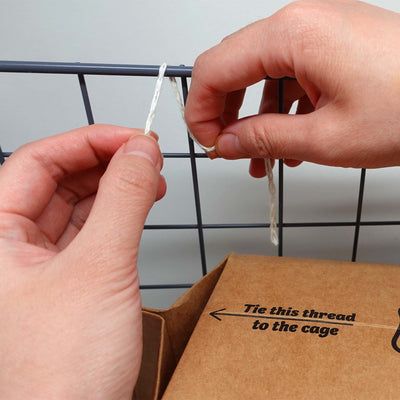
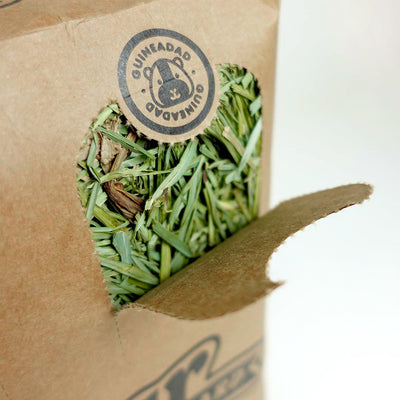
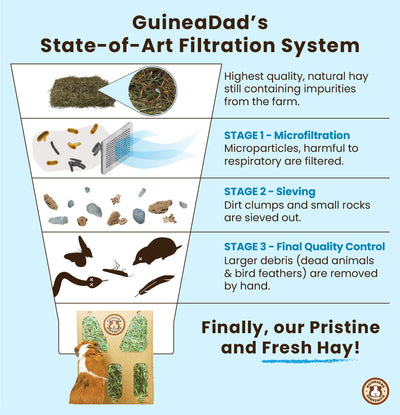
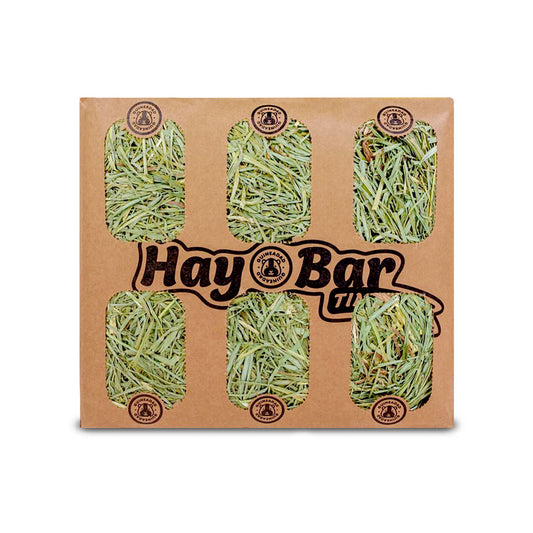
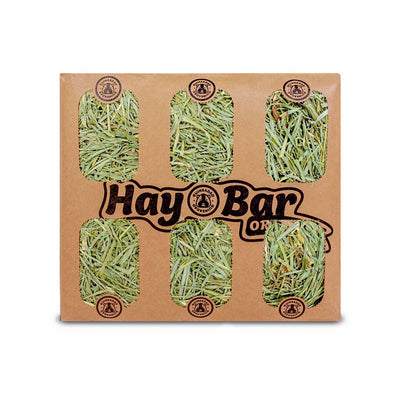
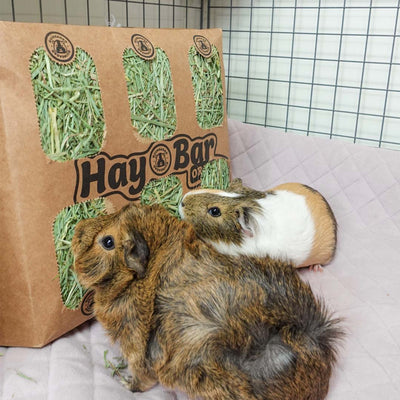
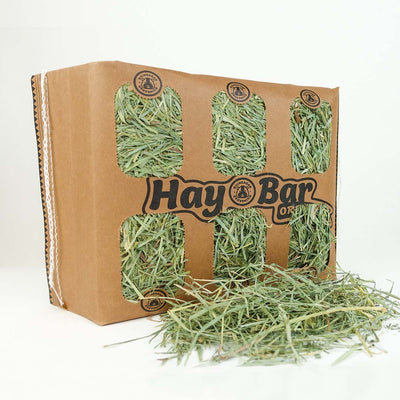
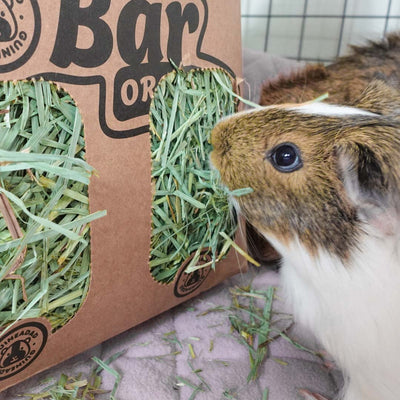
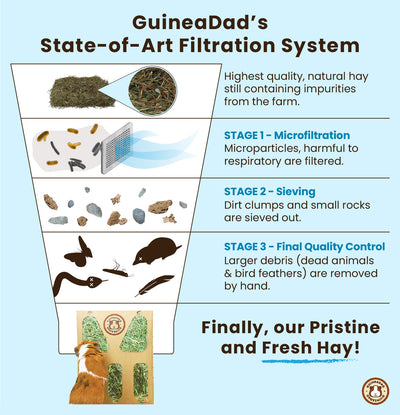
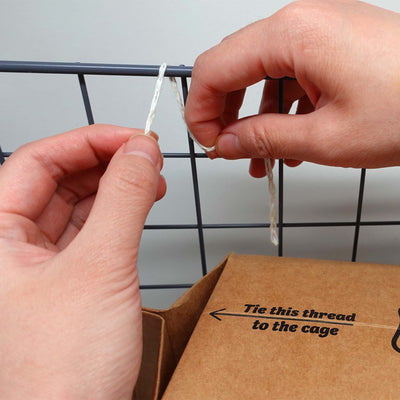
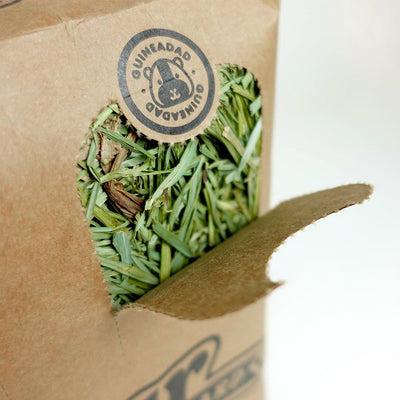
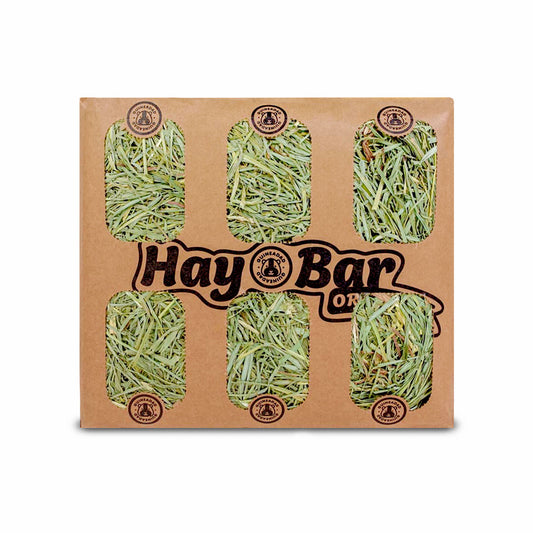
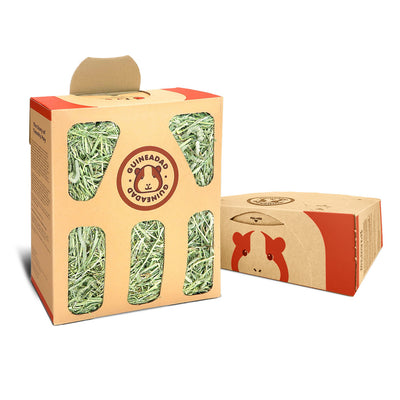
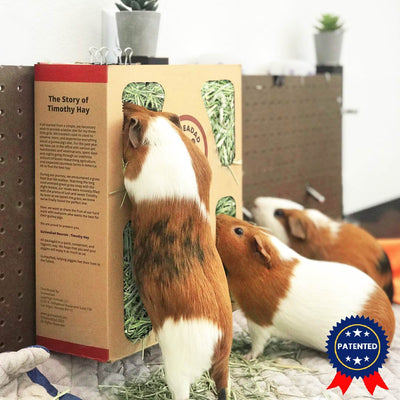
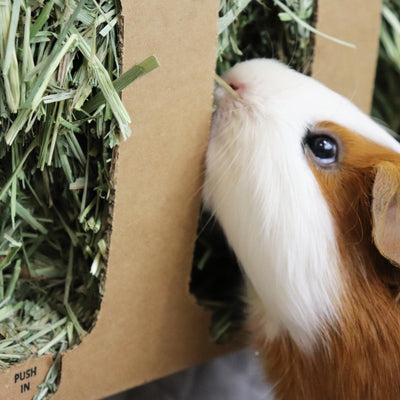
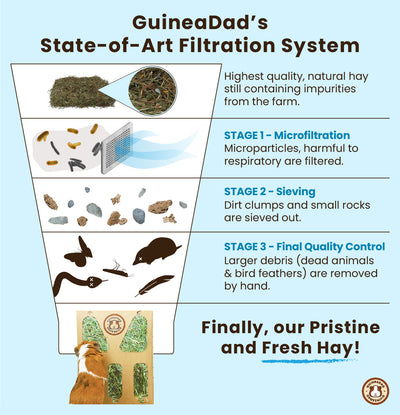
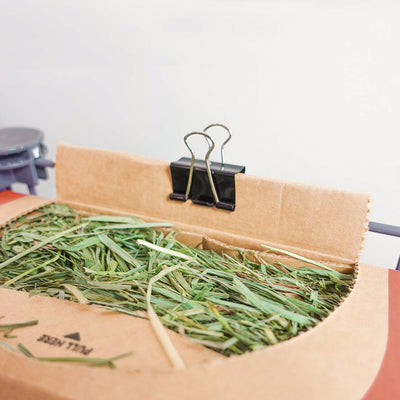
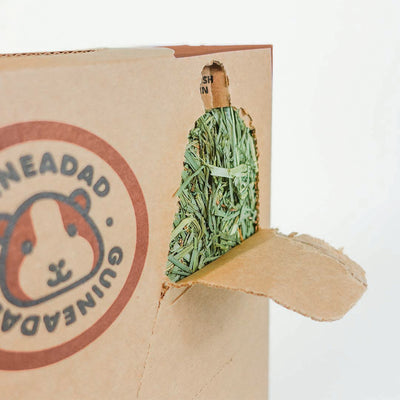
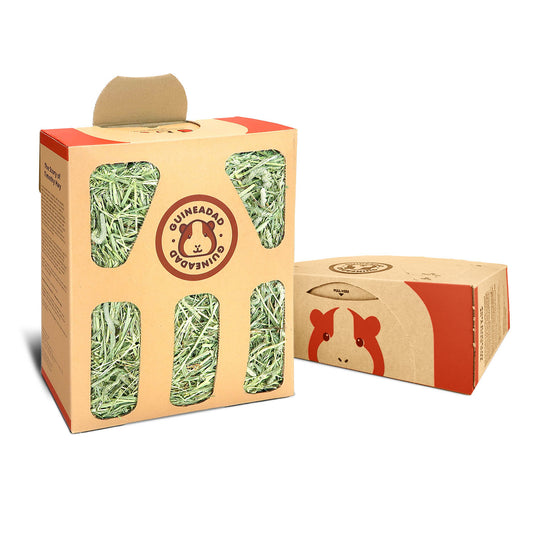
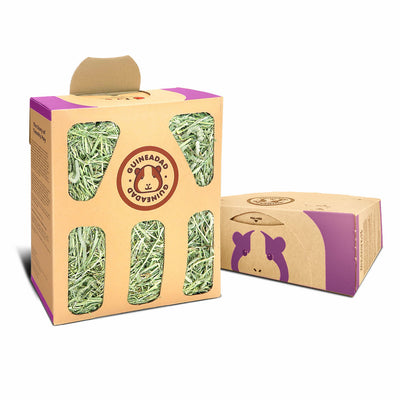
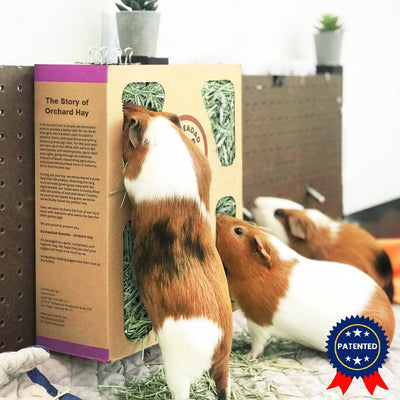
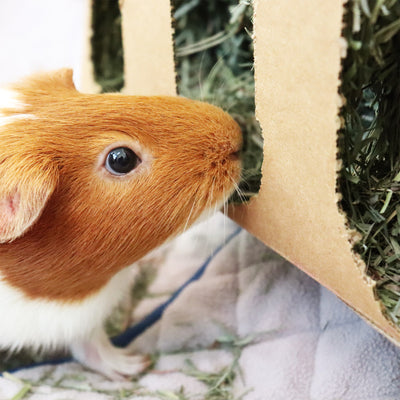
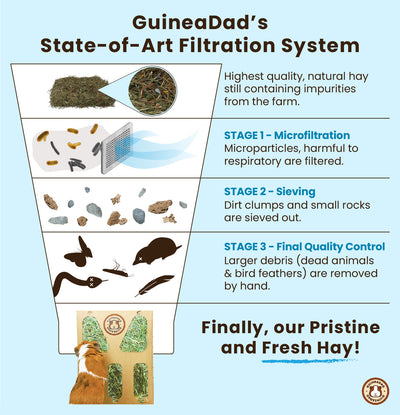
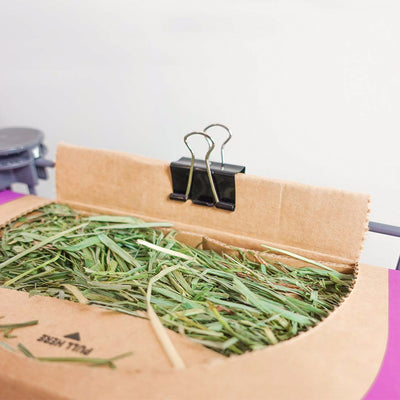
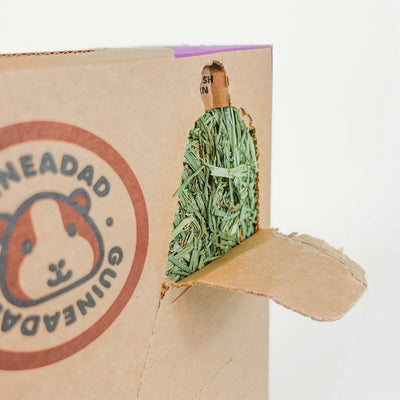
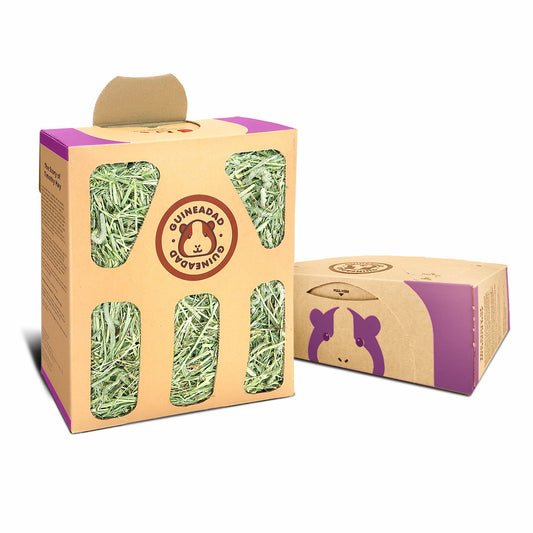
1 comment
Thanks so much for the info! I didn’t want to feed my little cavys something bad for them, and now I know! Thanks again!!!!!